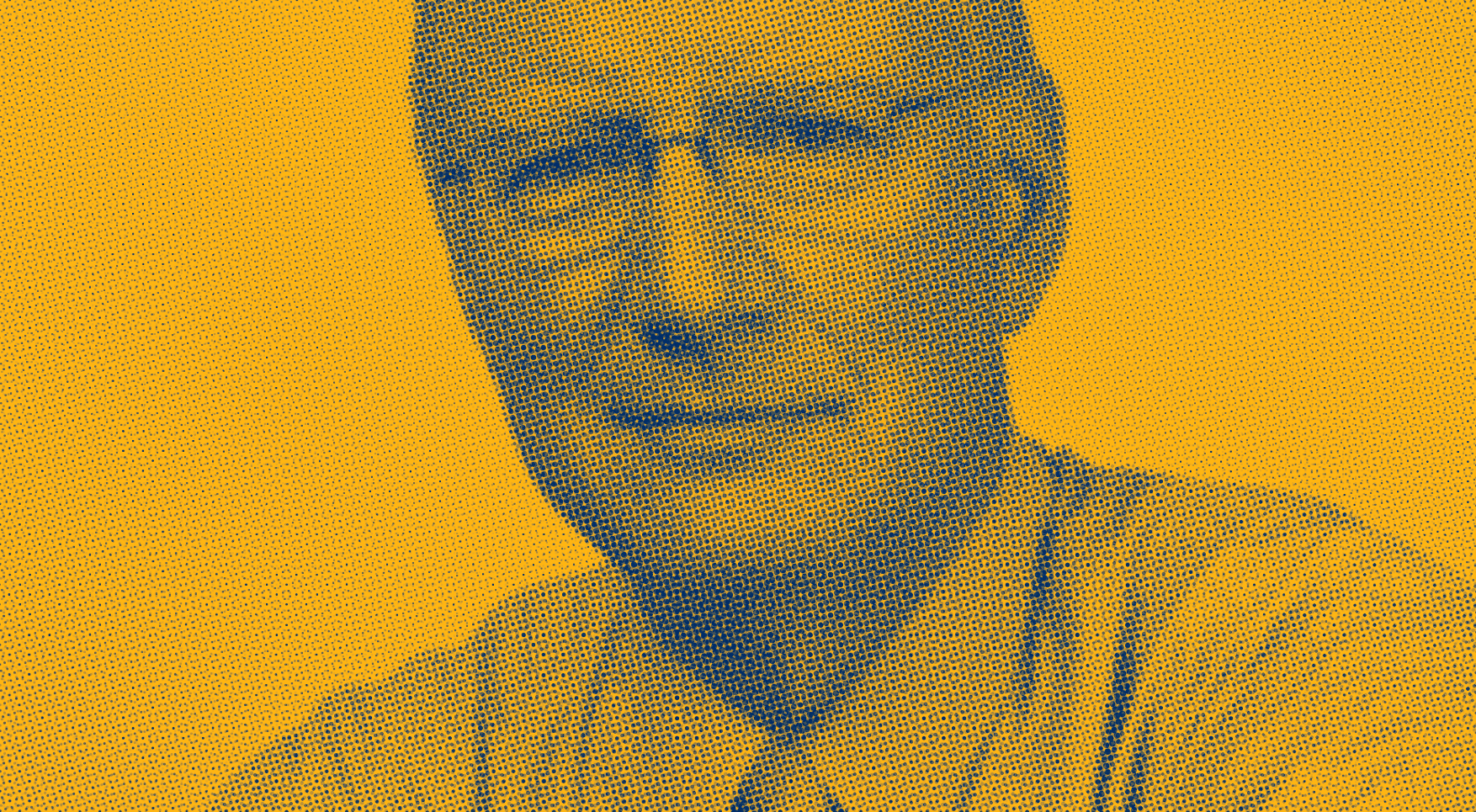We’d all like to be that person who turns our favorite pastime into a multimillion-dollar business. Ruzwana Bashir has done just that. A self-proclaimed travel junkie, she left a career in finance to create Peek, the website that brings all of the travel information you need together into one place, curating high-quality travel activities and experiences. Ms. Bashir met with CEO.com to talk about what it’s like to work and hire as a young female CEO, how Peek got started, and why the tiniest shifts in the way you use your data can make millions of dollars in difference.
What’s the origin story of Peek?
I started Peek just about five years ago. The idea originated from going to Istanbul for a weekend. I was looking for really fun things to do there, and spent hours researching local activities and experiences. I had to get on the phone to organize any of them; the whole process ended up being frustrating and lengthy. I wondered why something like OpenTable didn’t exist for all the activities people want to do. I started digging into the space and saw a $110 billion market, but one that was still largely offline—a market where mobile was going to make a huge difference.
I think we should all be traveling more and exposed to more cultures, because that’s often how you’re able to get out of your box. It’s been shown that, not only do experiences make you happier than buying products, but if you push your boundaries—if you go skydiving or do another activity you’re a little bit frightened of—you’ll actually end up building resilience. So, with that, I started Peek.com.
What was your background before becoming a CEO?
I studied economics at Oxford and went into finance. I figured that’s just what you did if you were a reasonably smart kid who wanted to go into business. I worked at Goldman Sachs and at Blackstone Private Equity for a few years. It gave me a good structure for how to analyze business problems, but I didn’t feel like I was building anything. I came to America for business school and got excited about tech companies and worked for a couple of startups in New York. The idea for Peek had been bubbling in my head for a while, so I moved to Silicon Valley and started working on it.
As a young leader, you often have to hire people that are older than you. Have you found that to be a challenge?
Yes, and especially being a young woman—not everyone’s used to that dynamic. People still have expectations of the behavior of a woman verses a man. I’ve found that if an executive is willing to come in and interview with me, it’s a good sign they’re probably more open-minded than the average person, and as a result, a person willing to work for a young female CEO is probably a really good fit for our culture at Peek. Sometimes I’ve been in meetings with my co-founder and potential investors will ask him business questions, and then they’ll realize he’s actually the technical side of the two. He’s great—he’ll just throw them back in my direction. I hope that the more people see women who are creating cool companies, the more people will want to be part of that change.
How does having a female CEO change diversity in a company?
We definitely get a higher number of female candidates because they see an environment where there’s a woman at the top and that hopefully it’s not an environment where gender will matter. One of the interesting things about Peek is that because we’re all about experiences, we attract a lot of people that are passionate about travel and are from a lot of different places. I’m English, my co-founder is German, we have people on our team that are French, Swedish, Filipino—this huge mix of diversity of backgrounds that also gives us a diversity of thought.
What data do you look at when you’re running your organization?
A huge amount. Sales is an area where there’s a ton of data. We’re looking at how often we contact prospects, conversion rates across different parts of the sales funnel, how we perform post-sale, and how different sales people are performing, all to glean lessons and learnings about what’s working and not working. A lot of people think about sales as an art, but it’s also a science.
We do a lot of A/B tests on our bookings experience, and we’ve been able to move our conversion numbers by 20%. Any small, incremental change in conversion can turn into millions of dollars.
Data—from sales to engineering—is really at the heart of our business. Anyone that’s trying to build a company today with interactions with millions of individuals has to use data. It creates a culture of trying new things.
“ I hope that the more people see women who are creating cool companies, the more people will want to be part of that change.�
Which metrics are the most important for you as a CEO?
We have a series of forward-looking metrics. We take a cut of each booking, so it’s important to see how many new businesses we’re working with, how many activities, team size, and retention. We use about six different metrics to gauge our forward-looking opportunities. I look at forward-looking metrics as our formula for success instead of backwards-looking. If you’re only looking at last quarter’s revenue, that’s just seeing how successful your efforts were from six months or a year ago. I care more about what the business will look like in a few months’ time.
Each year at the start of the year, we’ll set four or five top goals. As a CEO, there’s only a handful of things you do each year that have an impact on the business. Sometimes you can do small things and do the urgent and not the important. In the battle between urgent and important, urgent usually wins. It’s important with goal setting to keep your focus on the important.
What does the future hold for Peek?
First, I’m working hard to scale the business. Today we work with thousands of businesses with thousands of activities, but in America there are almost 100,000 tour operators. Although we’ve got great scale today, we still need to enable our team to grow even more. Second is around our own talent. The duty of a CEO today is to ensure that their people are the best people they can be. Inspiring people to continue to be curious, to learn, to develop themselves is really important to me.
We’ve got the opportunity to be the brand for the activity space, like OpenTable for restaurants or Airbnb for accommodations. When you think of great activities, you should think of Peek.
MORE ARTICLES
The post The Leadership Experience appeared first on CEO.com.












